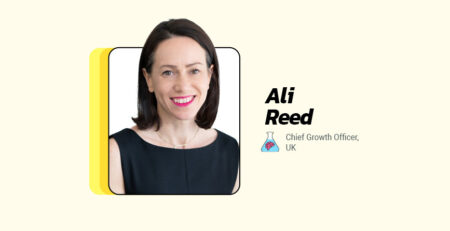The Gender Pay Gap: Brainlabs on Channel 5 and BBC Radio 4
How can we tackle the gender pay gap problem? Our Head of People Operations told the BBC & Channel 5 our current approach.
What she told Channel 5 and the BBC was that gender pay is important, but the focus is in the wrong place. Unequal pay is a symptom of the problem, not the cause. The real issue is unconscious bias, which affects everyone: men and women, employees and employers.
Female applicants are often a disadvantage from the beginning. The way we recruit and retain employees often favours men, without us even realising it. The wording of an advert, the criteria used to assess applicants during interview and later on as employees. Research suggests that women only apply for jobs when they are confident of fulfilling all recruitment criteria, whereas men are happy to apply when they only fulfil 60%. Men are hired and promoted based on potential, whereas women are hired based on experience. Men attribute success to themselves, women attribute success to other factors. Women attribute failure to their lack of ability, men attribute it to situational factors. Men are more likely to ask for a promotion.
Our employee explained how we’ve addressed these biases, changing how we recruit people, calculate salary, and assess performance. She was not blaming anyone for the imbalance, because the biggest cause of it is something unconscious. But we do all have an obligation to become, as far as possible, conscious.
It’s the only way we’ll ever get close to achieving a truly gender equal workforce.
We are proud of the progress we have made so far in terms of female representation:





